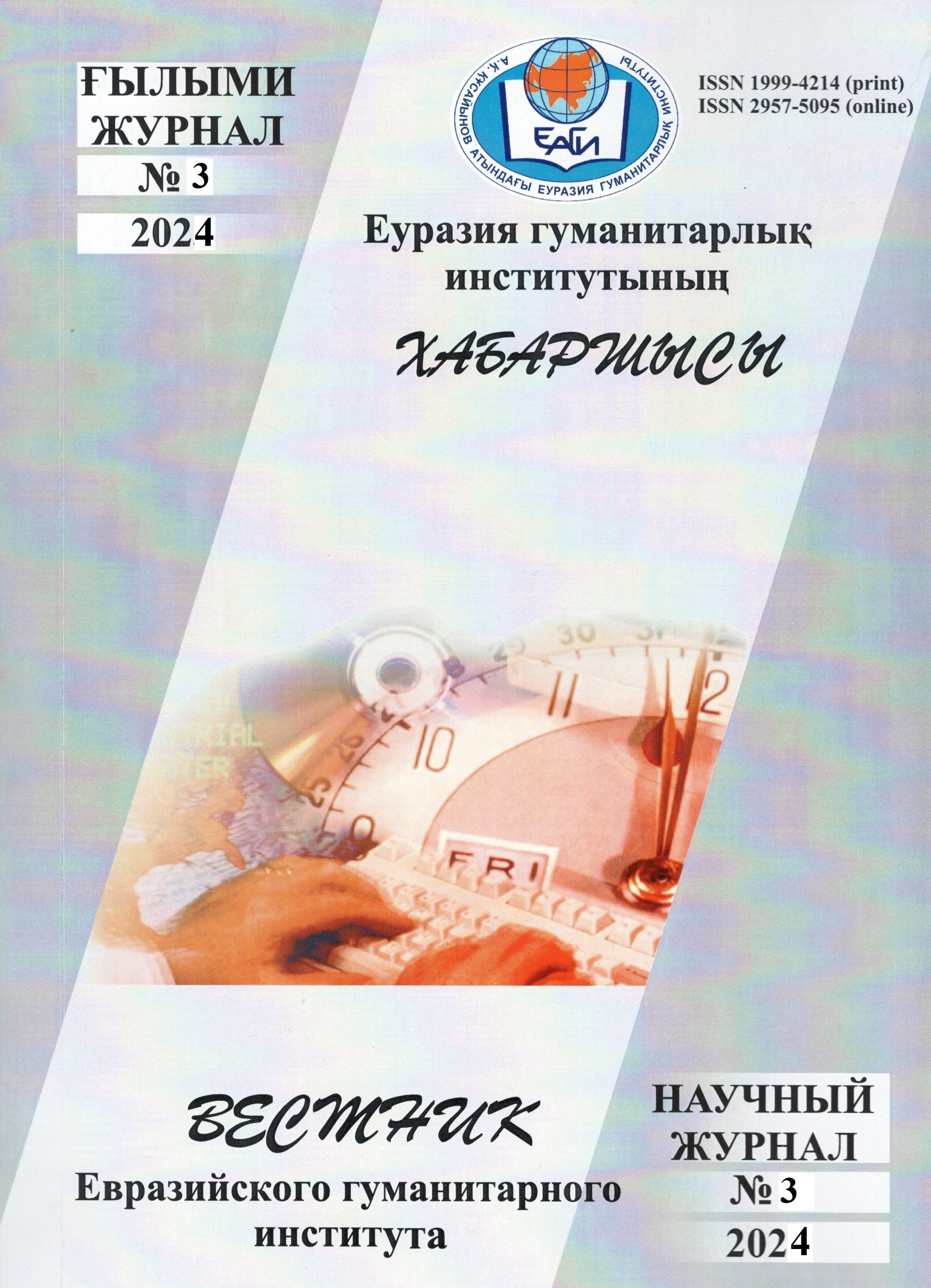RESULTS AND PEDAGOGICAL CONSIDERATIONS OF USING MOBILE APPLICATIONS IN FOREIGN LANGUAGE TEACHING
Keywords:
Mobile language learning, mobile apps, pedagogy, personalized learning, cultural context, teacher roles, constructivism.Abstract
This research explores the growing phenomenon of mobile applications (apps) in foreign language learning. While acknowledging the accessibility and potential benefits these apps offer, the authors delve deeper, investigating the pedagogical considerations necessary for their effective integration into language learning environments.
A key strength of the research lies in its exploration of both the advantages and challenges associated with mobile apps. The authors highlight the increased accessibility mobile apps provide, making language learning resources available to a wider range of learners irrespective of location or socioeconomic background (Warschauer, 2003). Additionally, the potential for personalized learning experiences through adaptive learning algorithms is acknowledged (Brusilovsky, 2001).
However, the research also raises crucial concerns. The potential for apps to lack depth in cultural context and advanced language skills is a significant challenge (Hall, 1959). The authors emphasize the need to supplement app-based learning with traditional methods and resources that provide a more comprehensive understanding of the target language.
Furthermore, the role of teachers undergoes a transformation with the introduction of mobile apps. Educators shift from being the primary source of knowledge to facilitators who guide learners and leverage the strengths of app-based features alongside traditional classroom activities (Belz & Steiner, 2009). This aligns with constructivist theories of education (Piaget, 1951; Vygotsky, 1978), which emphasize the active role of learners in constructing knowledge.
Overall, the research underscores the need for a thoughtful approach to integrating mobile apps into language learning. By addressing the pedagogical considerations outlined, educators can harness the power of technology to enhance the learning experience while maintaining a focus on educational effectiveness and cultural understanding.


